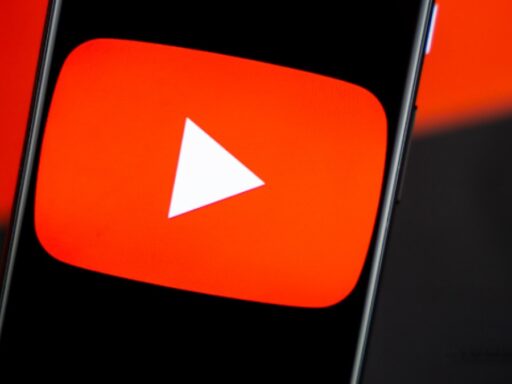Technology has profoundly changed how we experience the world. In particular, the rise of the internet opened up entirely new ways for people to get information and be entertained. This created big shifts for traditional media industries that had dominated for decades.
Newspapers, magazines, television, and radio all saw their audiences migrate online over time. For many people, searching and browsing the internet became a primary way to learn about current events, discover entertainment, and connect with others. This was understandably difficult for long-established media companies to adapt to.
Journalists found their work transformed as news broke virtually in real-time on social media. Maintaining the high standards of verification and fact-checking that defined print newspapers grew increasingly challenging online. Television also faced competition from on-demand streaming services that let viewers watch what they wanted, whenever was convenient.
Print publications struggled with declining subscriptions as content became widely available for free. Many sadly had to shut down after years of shaping their communities. Radio grappled with listeners discovering niche music and talk shows through apps instead of preset frequencies.
While upsetting longtime media consumers’ habits, the digital revolution also opened opportunities. Online platforms let independent creators reach audiences directly. Podcasts, blogs, and videos flourished. Traditional outlets preserved roles by embracing multiple formats, like newspaper websites with video and interactive elements.
Overall, the internet challenged but didn’t replace traditional media so much as redefining its forms. The core drive to inform, educate, and entertain remains – it’s just finding new pathways suited to our continuously innovating world. Both new and old media continue adjusting to serve people’s changing needs and interests in each new technological phase.







